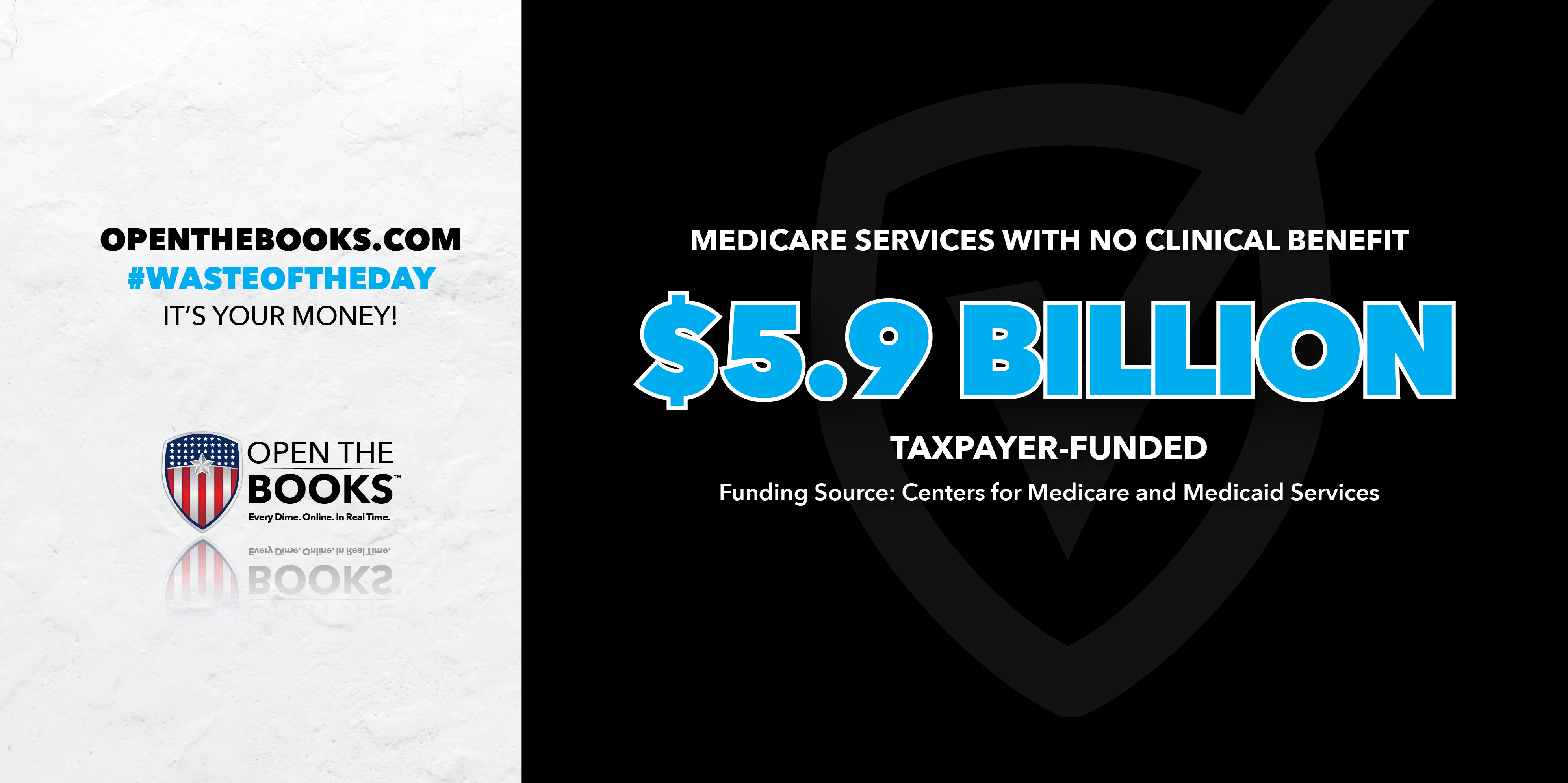Topline: An estimated 37% of Medicare patients received a “low-value” health care service in 2023, costing the federal government $5.9 billion.
Key facts: The numbers come from the Medicare Payment Advisory Commission’s (MedPAC) annual “Health Care Spending and the Medicare Program” data book, released on July 1.
MedPAC defines low-value care as a treatment that “has little or no clinical benefit or care in which the risk of harm outweighs its potential benefit.” Using a “narrow” definition of the word, low-value care cost the government $2 billion in 2023. Using a “broad” definition, it cost $5.9 billion, according to the data book.

For example, almost 7% of Medicare patients received a spinal injection for low back pain in 2023, even though medical experts disagree over whether it is an effective treatment. It cost the government $1.3 billion.
Medicare spent $431 million on colon cancer screening for older adults, even though the National Institutes of Health says that “screening is discouraged for people over 85” because it can cause complications like an internal perforation.
Medicare also spent $1.2 billion on stenting to treat stable coronary disease. According to the American Academy of Family Physicians, “most published trials fail to show a benefit from coronary stenting” in patients with stable coronary disease.
While there were 31 kinds of low-value treatments listed by MedPAC, the Commission acknowledges there are more kinds, which could bring the actual number spent on low-value care “much higher” than $5.9 billion, the data book says.
Medicare spent $956 billion in 2023, which was 23% of the $4.1 trillion spent on personal health care in the U.S., according to the data book. The Treasury projects that Medicare will have a $52.8 trillion shortfall within the next 75 years. (Along with a $25.4 trillion Social Security shortfall)
Search all federal, state and local salaries and vendor spending with the world’s largest government spending database at OpenTheBooks.com.
Summary: With so many Americans struggling to afford health care, it’s essential that government funds are spent on treatments that are beneficial.
The #WasteOfTheDay is brought to you by the forensic auditors at OpenTheBooks.com





